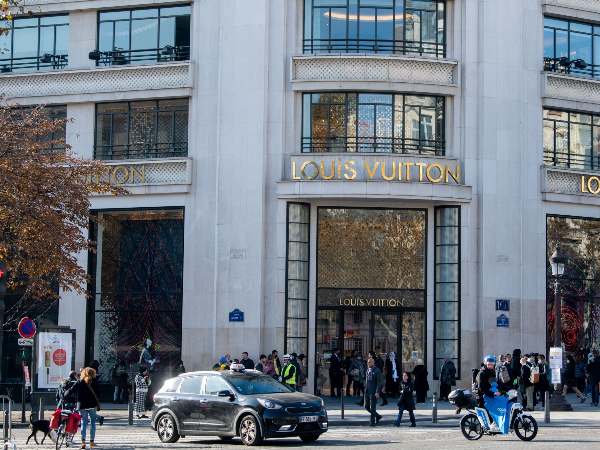
(AI Video Summary)
UK retail sales
Retail sales in the UK took a larger hit than expected in December, signaling a troubling economic trend. The amount of goods purchased dropped by 3.2% compared to the previous month, a significant decline that was much worse than the predicted 0.5% decrease. This decline represents the fastest rate of contraction in three years and raises concerns about the economy’s health during the crucial Christmas and New Year period.
Food store sales
In January 2021, we saw a similar drop in sales due to the impact of coronavirus restrictions. The latest data shows that non-food store sales volumes declined by 3.9% in December, following a 2.7% increase in November. Food store sales volumes also fell by 3.1% in December after a 1.1% rise in November. These figures contribute to the overall negative sentiment surrounding the UK’s retail sector.
GBP/EUR
The market’s reaction to this disappointing retail sales data can be seen in the value of the pound against the euro and the USD. Looking at a five-minute candle chart, we can observe a significant drop in the pound’s value against the EUR immediately after the data was released. However, zooming out to the daily chart, we can see that the GBP has still maintained most of its gains against the euro for the week. Similar price action can be observed against the dollar, with the pound dipping in response to the data but still holding onto its weekly gains.
The Consumer Price Index
This unexpected decline in retail sales for December adds to concerns about the fragility of the UK economy. Additionally, strong Consumer Price Index (CPI) data released recently has prompted discussions about a potential interest rate cut by the Bank of England. JP Morgan Chase predicts that the central bank may reduce interest rates in August. All these factors combined contribute to a more pessimistic outlook for the pound.
The UK economy
In simpler terms, retail sales in the UK dropped more than expected in December, which is not a good sign for the country’s economy. It means that people bought fewer things compared to the previous month, and this decline is the fastest it has been in three years. This decline is concerning because it happened during the important Christmas and New Year period. The drop in sales was seen in both non-food stores and food stores. As a result of this news, the value of the pound decreased compared to the euro and the US dollar, at least initially. However, when we look at the overall trend, the pound has still done relatively well compared to the euro and the dollar over the week. This unexpected decrease in retail sales adds to worries about the UK economy, and there are even discussions about potentially lowering interest rates. All these factors together make the outlook for the pound more pessimistic.





